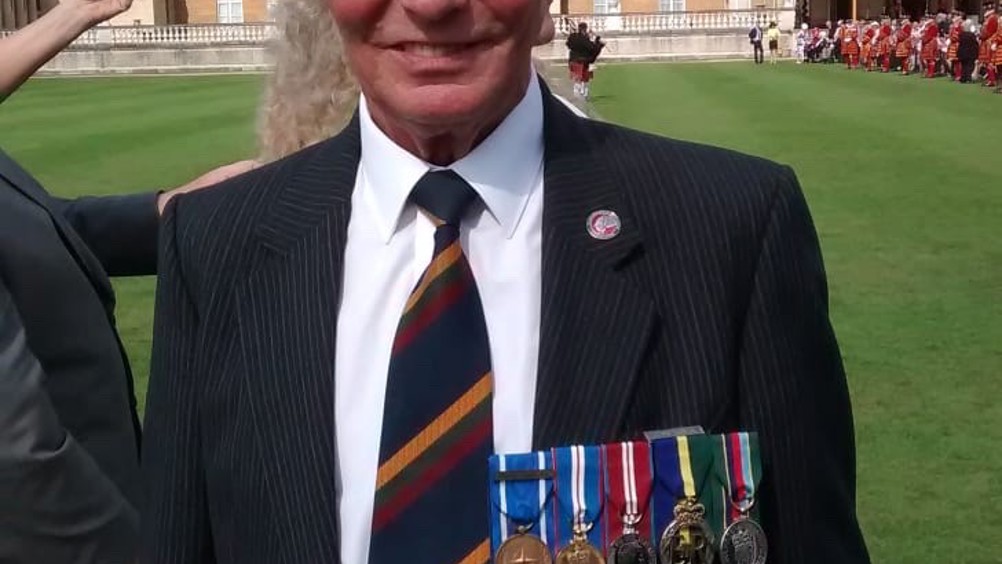Covid-19, dentistry education and mouth cancer

When lockdown hit the UK, dentists closed, and head and neck cancer checks at patients’ routine dental appointments ceased to exist. Dentists are open again, though running a vastly reduced service and any form of mouth cancer check is no longer a priority.
When lockdown hit the UK, dentists closed, and head and neck cancer checks at patients’ routine dental appointments ceased to exist. Dentists are open again, though running a vastly reduced service and any form of mouth cancer check is no longer a priority.
It is more important than ever to understand the signs and symptoms of mouth cancer and check yourself at least once a month.
The lack of routine examinations means that the detection of malignant conditions may go undetected as in the case of retired army officer Bill Howarth, 67.
Bill was diagnosed with nasopharyngeal cancer on the July 13, 2020. He realised there was a problem when a persistent sore throat and sore gums at the upper back of his mouth lingered; Bill described it, “As if there was a tooth abscess present”. This feeling of discomfort began in March 2020 and after more than two months of trying different remedies and prescribed antibiotics, the pain continued. When Bill’s symptoms showed no improvement a month later, he was referred to a specialist at the hospital, where after several tests, from scans to biopsies, Bill was finally diagnosed with cancer. Prior to his diagnosis, Bill knew little to nothing about head and neck cancers – he had no education about the cause, symptoms and treatment.
Register now to continue reading
WHAT’S INCLUDED
-
Unlimited access to the latest news, articles and video content
-
Monthly email newsletter
-
Podcasts and members benefits, coming soon!
